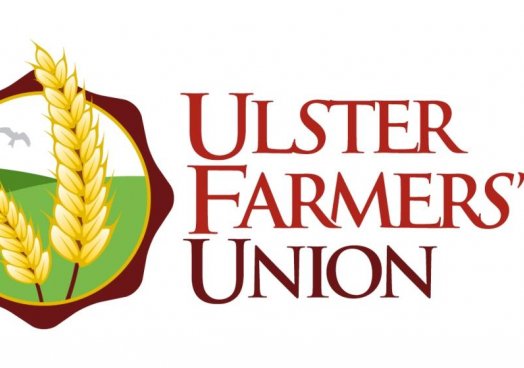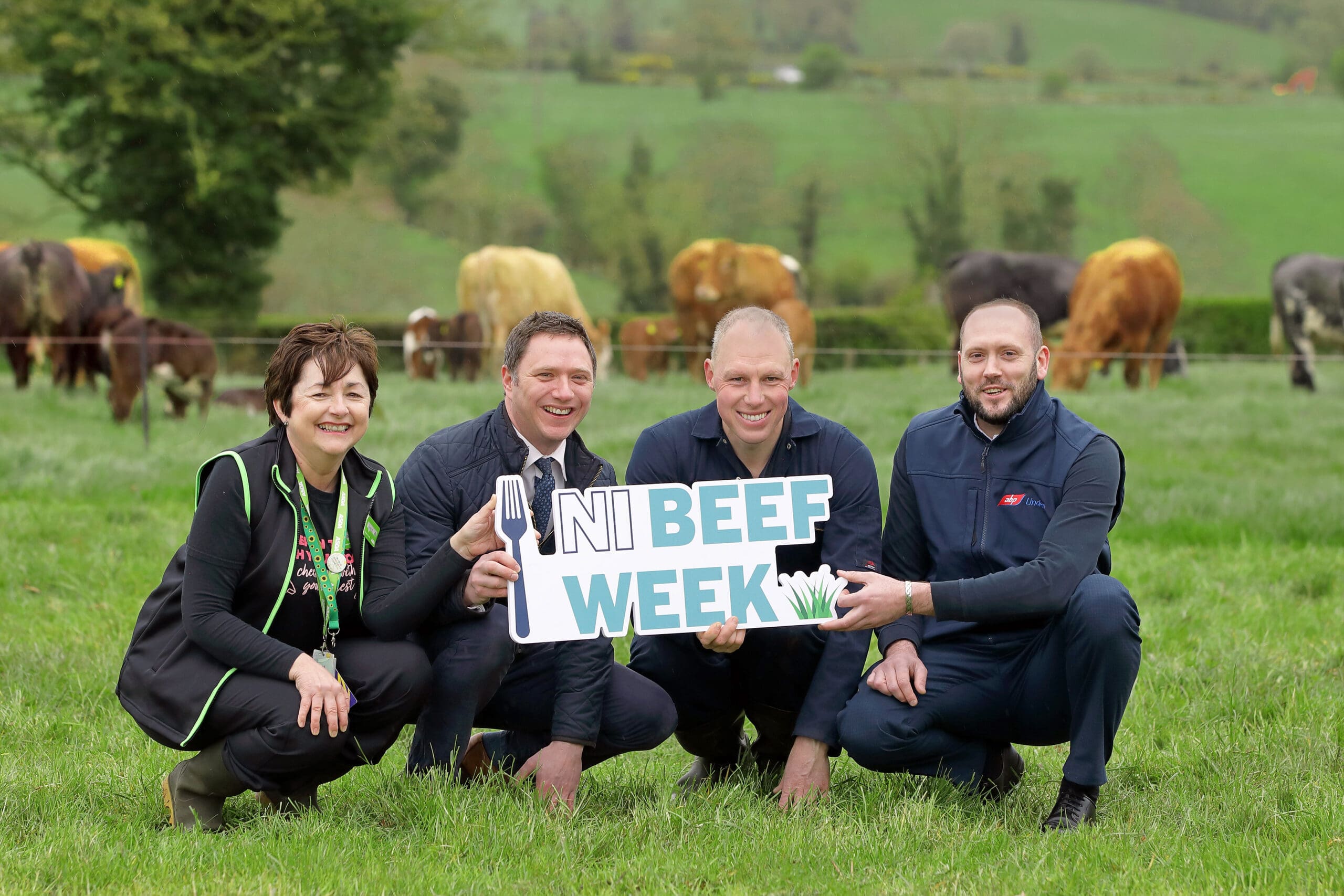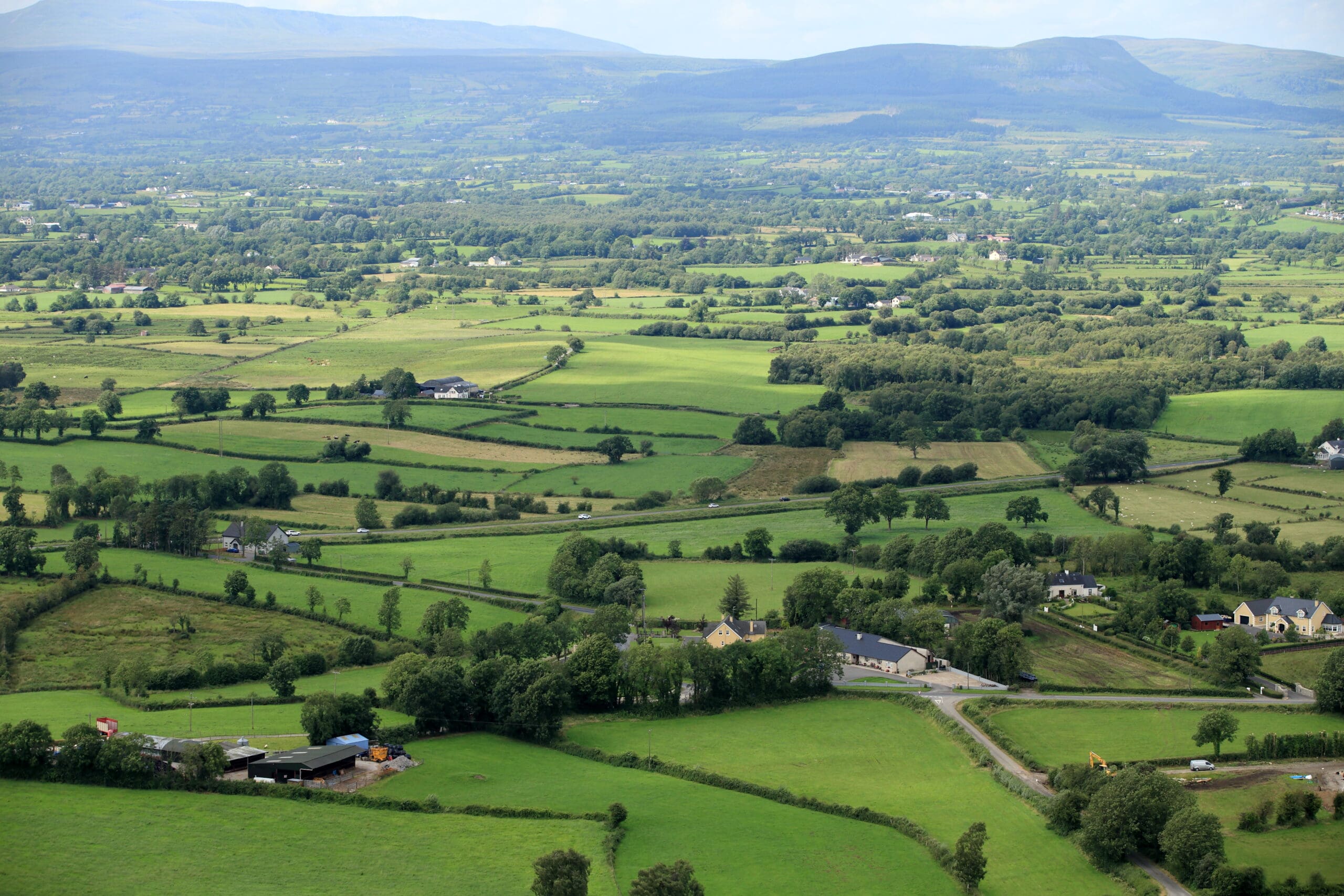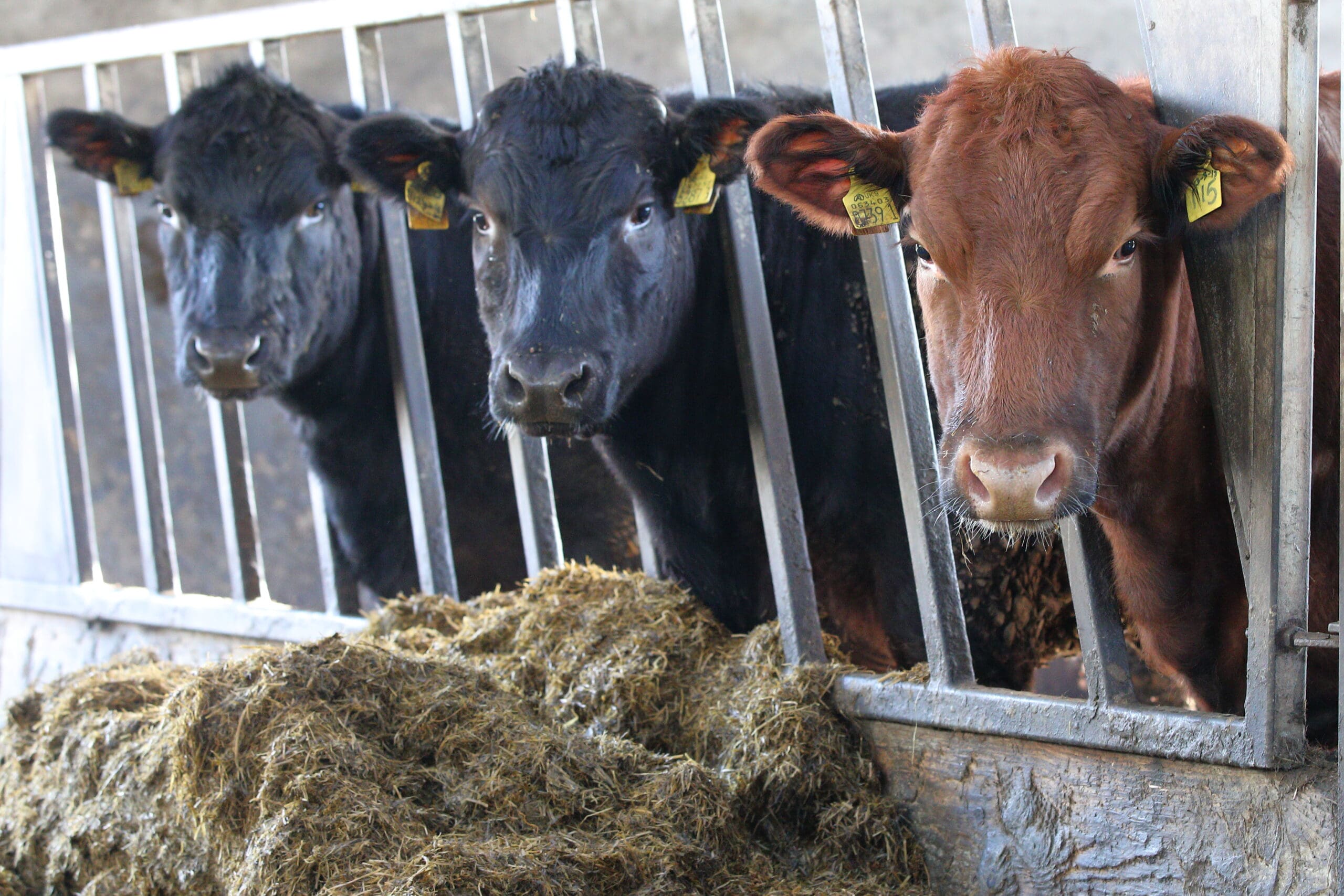
Commodity Watch
The UFU Rural Development Policy Committee met this week to discuss the latest details of the 2014-2020 NI Rural Development Programme (NIRDP). UFU representatives also attended the DARD NI Rural Development Programme Stakeholders Group meeting.
Over the last couple of years the UFU have undertaken comprehensive internal consultation on the shape of the next Rural Development Programme and how it should benefit local farmers and rural communities in the coming years. This has given the Union a widely agreed and sound policy when discussing the various proposals at the Stakeholder meetings and directly with DARD.
While the outline of the various measures has been discussed at meetings in recent months, the big unknown was the budget that would be available. This was finally agreed in June and last week, the DARD Minister made a further announcement on the financial allocations for each of the proposed measures within the programme. This is another positive development and now allows the NIRDP to be progressed.
The total £623 million funding allocated for the NIRDP means that DARD can deliver a fairly comprehensive package and within this the NI Executive’s commitment to both match fund the NIRDP's EU funding element and its promise of up to £250 million to help deliver on the NI Agri-Food Strategy Board's Going For Growth Report demonstrates that they are serious about the future of our agri-food industry. From the outset, the Union has argued that the next NIRDP must deliver on key priorities such as innovation and competitiveness if the agri-food industry is to realise its full potential and many of the measures the UFU has lobbied for over the last couple of years have been included in the programme with an appropriate budget attached to them. It is positive to see that the largest proportion of the NIRDP budget has been allocated to the ‘Competitiveness in Agriculture’ strand (£287 million).
One of the most talked about elements of the next Programme, which falls under the competitiveness strand, is the Farm Business Investment Scheme. Up to £220 million has been allocated to this element, a capital grant scheme that will grant aid buildings, equipment etc. on farms. A further £25 million has been allocated for the Business Development Groups (discussion groups) and the remaining elements in the competitiveness strand will be allocated to training, exchange visits, co-operation groups, demonstration farms, forestry and £30m for a Food Processing Investment Scheme.
Under the environmental area, £256m has been allocated to fund; the new agri-envrionment scheme (Environmental Farming Scheme), agri-environment contracts rolling over from the current RDP, forestry and LFA/ANC schemes up until 2017. The UFU will be closely following the development of the newly proposed Environmental Farming Scheme which is expected to have a budget of around £100 million to fund new contracts with farmers. The UFU have already held a number of meetings with DARD on this aspect and will continue to lobby to ensure that this scheme is simple, practical, and financially attractive and will deliver for both farmers and the environment. The UFU have also met DARD on the LFA/ANC schemes.
The remaining part of the Programme (£80m) is allocated towards the rural economy and jobs and it proposed that around £70million will be delivered through 11 Local Action Groups (LAGs) set up in line with the new council areas. This includes £27 million for a Rural Business Investment Scheme which farmers could also apply to for farm diversification type projects. The UFU will be encouraging members to apply to become members of the LAGs as they will be making the decisions around where this £70 million should be allocated in rural areas and it will be important to have farmer representation on these groups. Administration costs for this element of the programme must be kept under control to ensure the bulk of the budget goes to worthwhile rural projects.
DARD has yet to submit the NIRDP to the EC but are expected to do this in September. The EC will take around 6 months to officially approve the NIRDP therefore it is hoped that the bulk of the measures can start to be delivered from the middle of next year. The UFU believe that it is essential that there are no delays in getting the various schemes open to ensure that farmers can start to avail of the funding as soon as possible. The next step will be to ensure smooth delivery of the Programme and that bureaucracy is kept to a minimum so as to maximise its effectiveness.
While the headline figures and proposed schemes all look promising to date, and the financial commitments have been made, there is concern that the Minister and the Department still have to secure the national element of the funding at a time when NI Executive budgets continue to be cut. There are also a number of other boxes that have to be ticked before the NIRDP as outlined above can be delivered.
The UFU will continue to lobby to ensure that the 2014-2020 NIRDP roles out in an effective and practical way with the maximum budget realised. The Union will continue to meet with DARD around the detail of the various schemes to make sure that they will be meaningful and attractive to local farmers.




